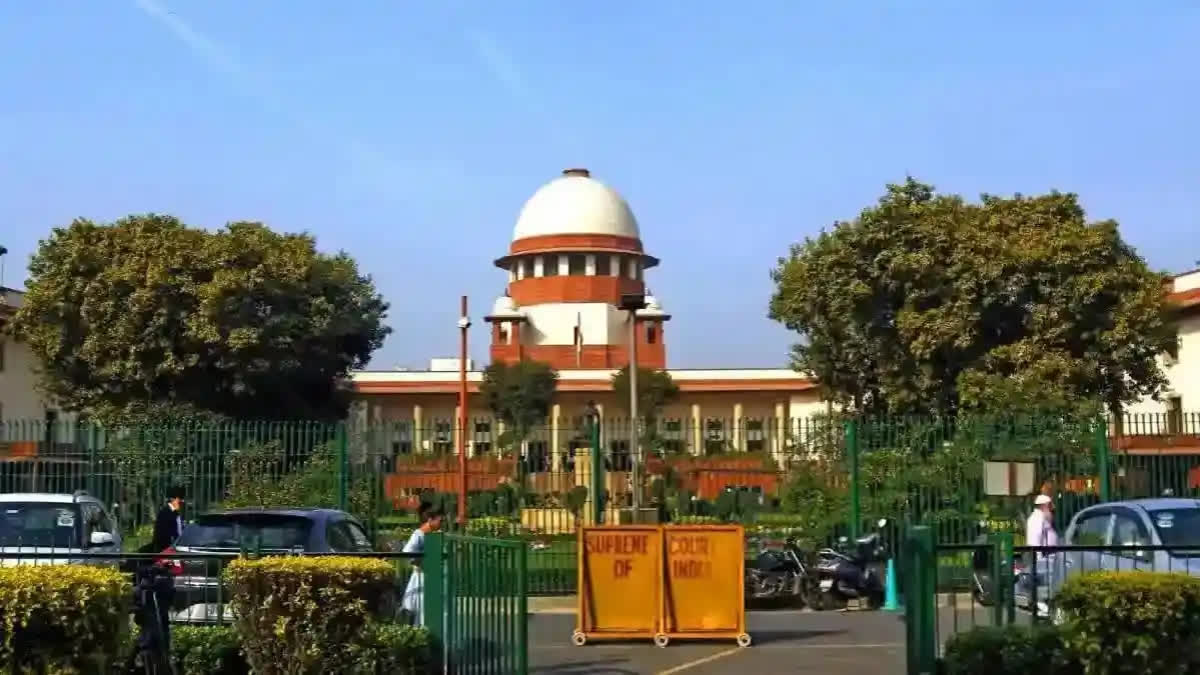New Delhi: In a big relief for Delhi Metro Rail Corporation (DMRC), the Supreme Court on Wednesday allowed its curative petition against an arbitral award directing it to pay Reliance Infrastructure subsidiary, Delhi Airport Metro Express Private Limited (DAMEPL), nearly Rs 8,000 crore.
A three-judge bench led by Chief Justice of India D Y Chandrachud and comprising Justices B R Gavai and Surya Kant set aside the previous judgment by the top court, which directed the DMRC to pay an arbitral award of Rs 8,000 crore to DAMEPL, saying "the judgment of the two-judge bench of this court, which interfered with the judgment of the division bench of the High Court, has resulted in a miscarriage of justice."
"This court failed while entertaining the special leave petition under Article 136, to justify its interference with the well-considered decision of the division bench of the High Court," said the CJI, who authored the judgment on behalf of the bench.
The CJI said by setting aside the judgement of the division bench, this court restored a patently illegal award which saddled a public utility with an exorbitant liability.
"This has caused a grave miscarriage of justice, which warrants the exercise of the power under Article 142 in a Curative petition, in terms of Rupa Hurra (2002)," said the bench, allowing DMRC's curative petition.
The bench said parties are restored to the position in which they were on the pronouncement of the judgment of the division bench. “The execution proceedings before the High Court for enforcing the arbitral award must be discontinued and the amounts deposited by the petitioner pursuant to the judgment of this court shall be refunded. The part of the awarded amount, if any, paid by the petitioner as a result of coercive action is liable to be restored in favour of the petitioner," said the CJI.
The bench orders passed by the High Court in the course of the execution proceedings for enforcing the arbitral award are set aside. The top court clarified that the exercise of the curative jurisdiction of this court should not be adopted as a matter of ordinary course. The curative jurisdiction should not be used to open the floodgates and create a fourth or fifth stage of court intervention in an arbitral award, under this court’s review jurisdiction or curative jurisdiction, respectively, it added.
The judgment of the division bench provided more than adequate reasons to come to the conclusion that the arbitral award suffered from perversity and patent illegality.
"The interference by this court has resulted in restoring a patently illegal award. This has caused a grave miscarriage of justice. We have applied the standard of a 'grave miscarriage of justice' in the exceptional circumstances of this case where the process of arbitration has been perverted by the arbitral tribunal to provide an undeserved windfall to DAMEPL," said the CJI.
